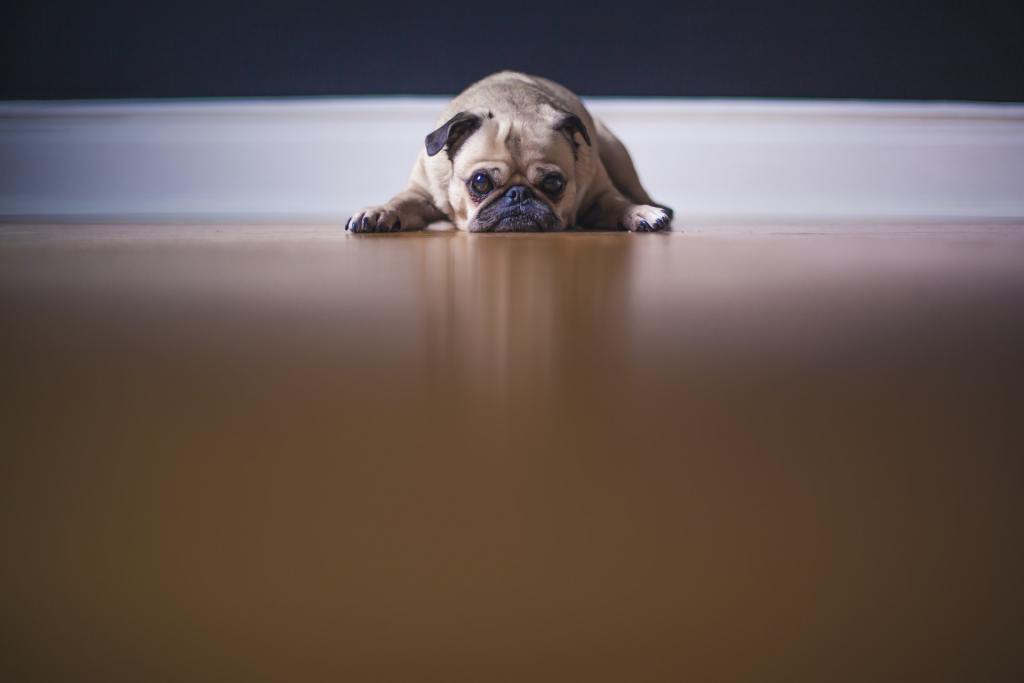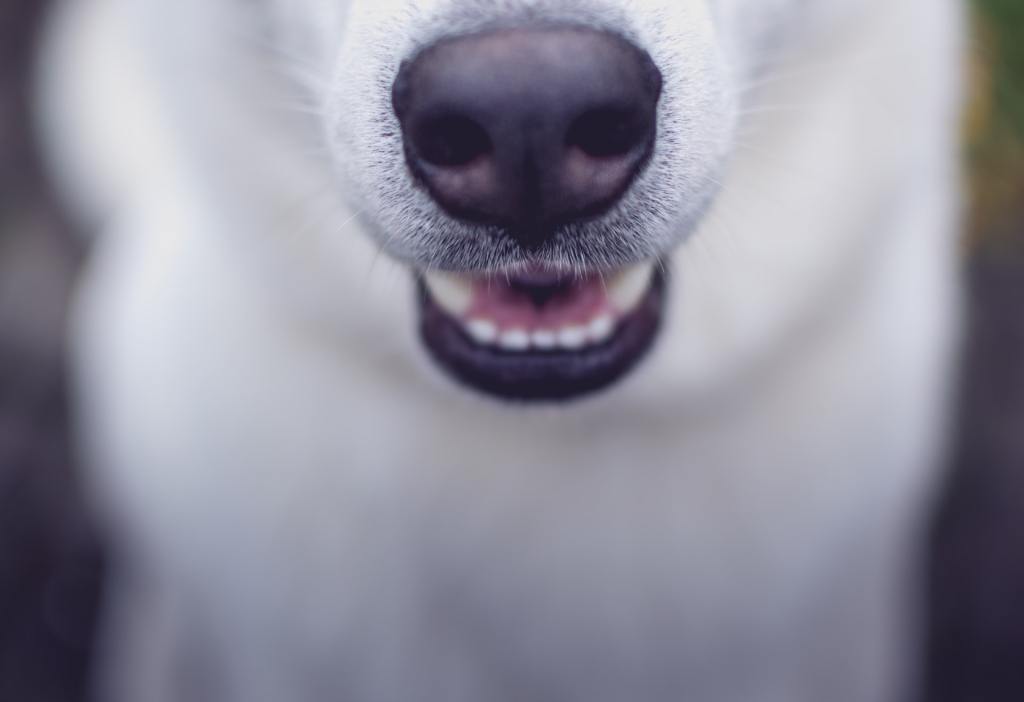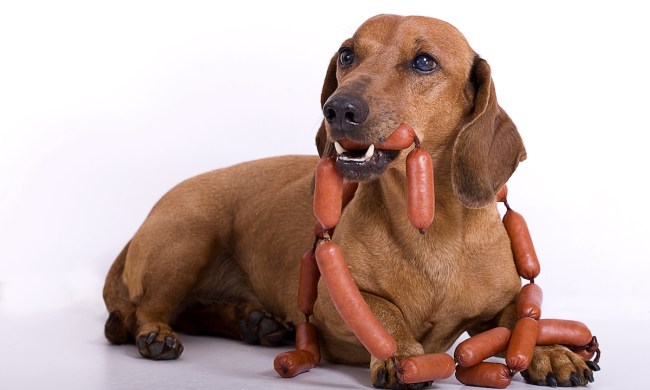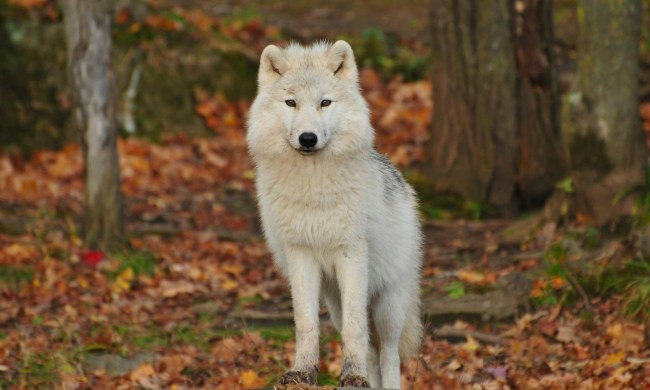As much fun as our dogs can be, living with one can be, well, downright embarrassing sometimes. Greeting human guests with a cold nose to the crotch. Mounting other dogs at the dog park. Drinking from the toilet. Scooting across the carpet. And, of course, eating dog poop.
Dogs are animals, after all. And while we can’t expect our four-legged family members to abandon all their canine characteristics just to live harmoniously with their humans, there are definitely times when an intervention is in order. Eating stool just might be one of them.
Does your dog eat poop? Here’s what the experts say you should do.

First of all … is this normal?
The technical term for dogs’ eating their stool (or any dog’s stool) is called coprophagia. And, as gross as it sounds, it’s actually considered normal behavior in young puppies. It’s also quite common.
“Experts believe there may be some instinctual drive behind the habit,” says Dr. Laura Robinson, veterinary adviser for Pawp and a small-animal vet in Rancho Santa Margarita, California. “This is because when dogs eat feces, it may help some healthy bacteria get into their intestines and help ensure normal gastrointestinal tract development and start a healthy microbiome. Unfortunately, it can become a habit and sometimes can be difficult to treat.”
What causes this behavior?
Robinson says puppies often learn this behavior from their mothers, because dog moms lick their puppies’ genitals to stimulate their bowels and bladders. But if the activity continues as the puppy grows into an adult, there may be some medical and behavioral reasons behind the habit, making it difficult to treat.
Poor diet and issues such as diabetes, liver disease, and anemia are common medical reasons behind this habit; however, behavioral issues such as separation anxiety, stress, and boredom are more common. And, believe it or not, some dogs simply develop a taste for feces and enjoy eating it.

How to break the habit
While eating their own poop is relatively harmless, the feces of other animals (wild rabbits, geese, feral cats) might contain harmful bacteria and parasites. Regardless of whose poop your pup is consuming, the very first thing to do is make an appointment with your veterinarian. She will examine him thoroughly to rule out any medical issues. If there are no medical reasons for your dog’s unsavory habit, the next thing to do is stop the behavior.
“Essentially, the best way to beat coprophagia depends on whose poop it is,” Ali Smith, CEO and founder at Rebarkable, says. “If it’s their own? The most efficient way to break the habit is to consistently pick up after them. Make the poop unavailable for a solid few weeks, and the habit will slowly die away.”
Conversely, if your dog is in the habit of raiding the family cat’s litter box, consider putting it in an area of the house that’s inaccessible to your dog. That might mean putting it behind a gated area or on an elevated platform that your dog can’t reach. And watch your dog when he’s outside, especially if he’s in the habit of eating other animals’ poop. Keep him on a leash whenever possible and redirect his attention with a toy or acceptable treat if he tries to eat something he shouldn’t.
Other suggestions for breaking the habit include:
- Make his poop less desirable by sprinkling a product like FOR-BID or hot sauce on it.
- Combat his boredom by providing some additional physical and mental stimulation.
- Talk to your veterinarian about your dog’s diet. Ask her if changing his food or adding supplements like probiotics to each meal would be worthwhile.
Above all, don’t punish your dog for this behavior. After all, his ancestors were scavengers, so foraging for food is in his DNA. And rest assured, you’re in good company. Although there aren’t many studies on this behavior, experts estimate as many as 23% of dogs have been caught eating poop at least once. Plus, most puppies grow out of this habit naturally.
Even so, be sure to practice really good hygiene while you’re breaking your dog of this habit. His slobbery kisses could be harboring bacteria and parasites that can make you sick, so wash your hands thoroughly anytime you come in contact with his mouth or saliva. Come to think of it, now might be an excellent time to teach him how to sit and shake hands.


